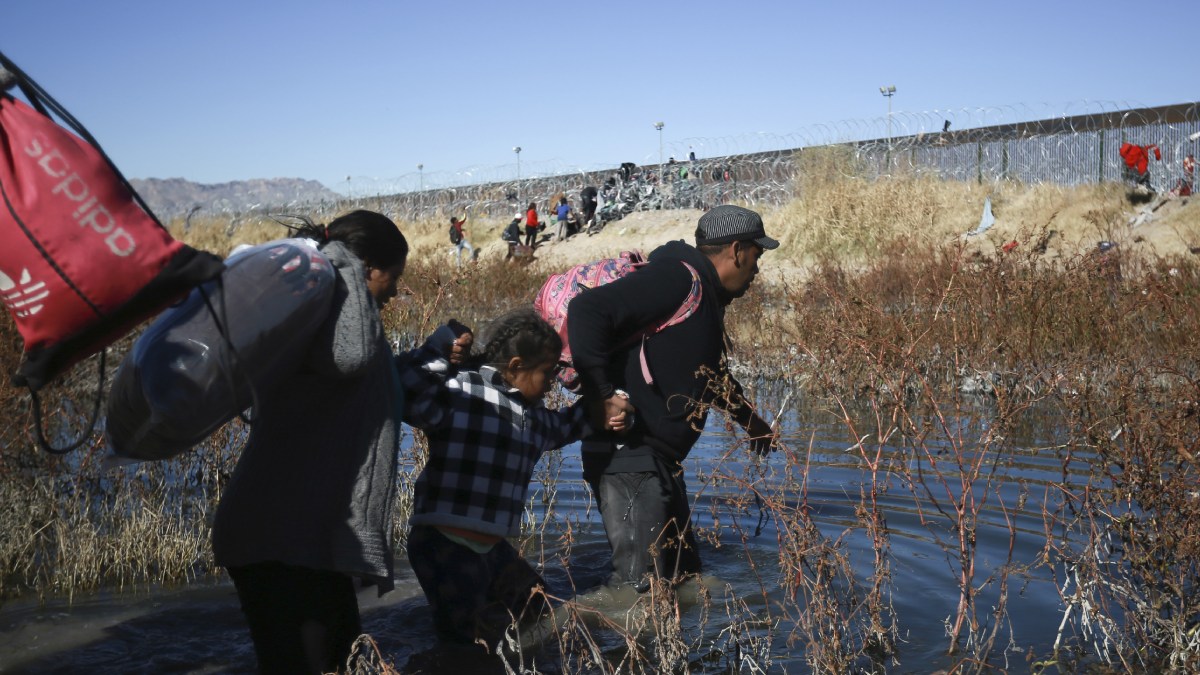
Pak FS Basheer says composite dialogue provides an ideal format for talks with India
Sharm-el- Sheikh (Egypt), July 15 (ANI): Speaking shortly after a late night meeting with Indian Foreign Secretary Shiv Shankar Menon here, a visibly tired Pakistan Foreign Secretary Salman Basheer said he brought up the issue of the resumption of the composite dialogue between the two countries.
He said: "The composite dialogue provides avenues for specific discussions. It is a structured set up and, in many ways, it has delivered in the past."
Basheer, however, clarified that it wasn't just the issue of the composite dialogue that came up.
"It was more than just terror, we talked about bilateral relations. We have to give the two Prime Ministers' a chance" to talk," he said.
He also said the talks were "broad-based" and that they "talked openly and frankly" so as "to take stock of the situation" and "more importantly provide a framework for the Prime Minister-level talks."
The term 'composite dialogue' was born in February 2004, when India and Pakistan resumed the process to normalize their relations after years of confrontation, especially over what Pakistan calls "the core issue" of Kashmir.
The renewed normalisation process began to be described as the 'composite dialogue,' which includes Kashmir as one of the issues to be resolved. But after the Mumbai terror strikes of November 2008, when India blamed Pakistan for exporting terror and not doing enough to bring the perpetrators to justice, the 'composite dialogue' process was called off unilaterally by India.
The Pakistani contention has always been that the 'composite dialogue' process is the only way to promote convergence and a framework to take any step towards normalisation of relations.
The Indian position is more ambiguous. It would want to see some concrete steps being taken to bring the Mumbai carnage perpetrators to justice, whether within Pakistan or in an ideal situation extradited to India. And the recent letting off the hook of Lashkar chief Hafiz Saeed is not exactly a confidence building measure. It's a game of chess and each player is moving slowly and calculatingly.
A knee jerk resumption of talks and then a calling off at the next terror incident is an embarrassment both sides don't want to face.
Assisting in the ideation process have been several foreign players, principal among them being the United States.
Talking about the vexed issue of Kashmir, US Ambassador-designate to India Timothy Roemer told the Senate Foreign Relations panel on Tuesday: "I think, it is an issue. It's a delicate and sensitive issue."
He was responding to a question from the top Republican on the panel, Senator Richard Lugar about the US role on the Kashmir problem.
"It's one that we would diplomatically encourage that the Pakistanis and the Indians first of all improve their relationship, their ties, their trade, their exchanges, to foster peace and more prosperity in that area between their two countries," Roemer said.
"Secondly, I think it's important to try to make sure that, where we can, in front of the scenes, behind the scenes, through diplomatic channels, encourage them to talk about this issue and hopefully resolve it between their two countries," he said.
"I think, it has been an extremely sensitive hotspot for the world and for the region, where we've almost experienced thermonuclear war on several occasions." With thousands of American and NATO soldiers stationed in Afghanistan and now even in Pakistan, clearly it is in the interest of all nations that pressure be applied on India and Pakistan to dig deep into their bag of tricks to come up with some formula to begin sorting out their differences.
Here, in Sharm-el-Sheikh, the next step in the bumpy pathway of India-Pakistan relations will be taken. Baby steps. Nothing more is expected.
Officials said that there is a possibility that at the end of the meeting of the two Prime Ministers on Thursday (July 16), they would jointly meet with the press. Whether this indicates a joint statement or an announcement to meet again in the near future is anyone's guess.
It all depends probably on the groundwork that the two foreign secretaries lay down in their second round of talks on Wednesday. But, in all likelihood, it will be a 'non-paper' dialogue that will emerge. It would be too ambitious to expect any path breaking joint statement. By Smita Prakash (ANI)


 Click it and Unblock the Notifications
Click it and Unblock the Notifications















